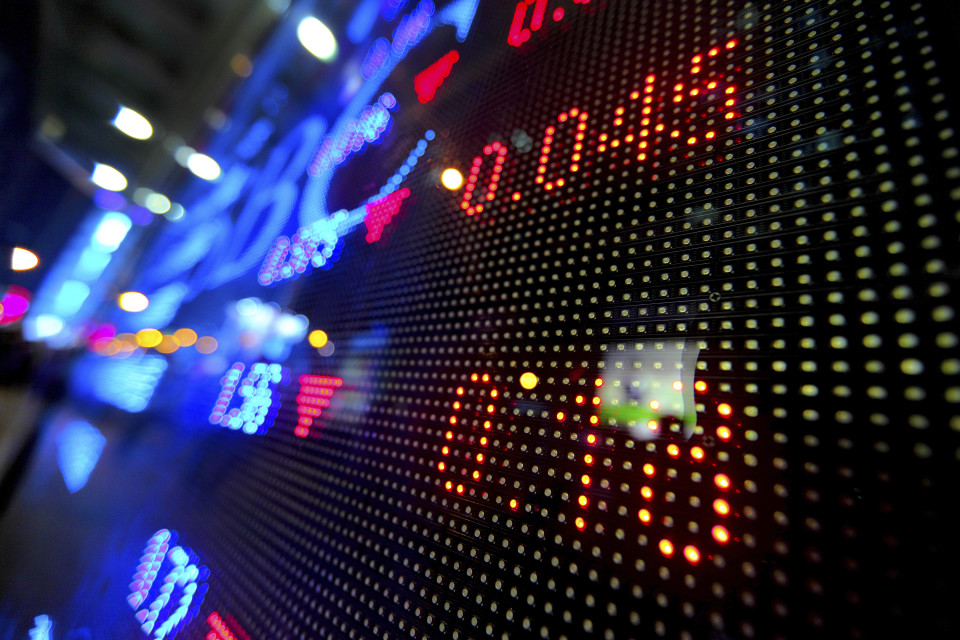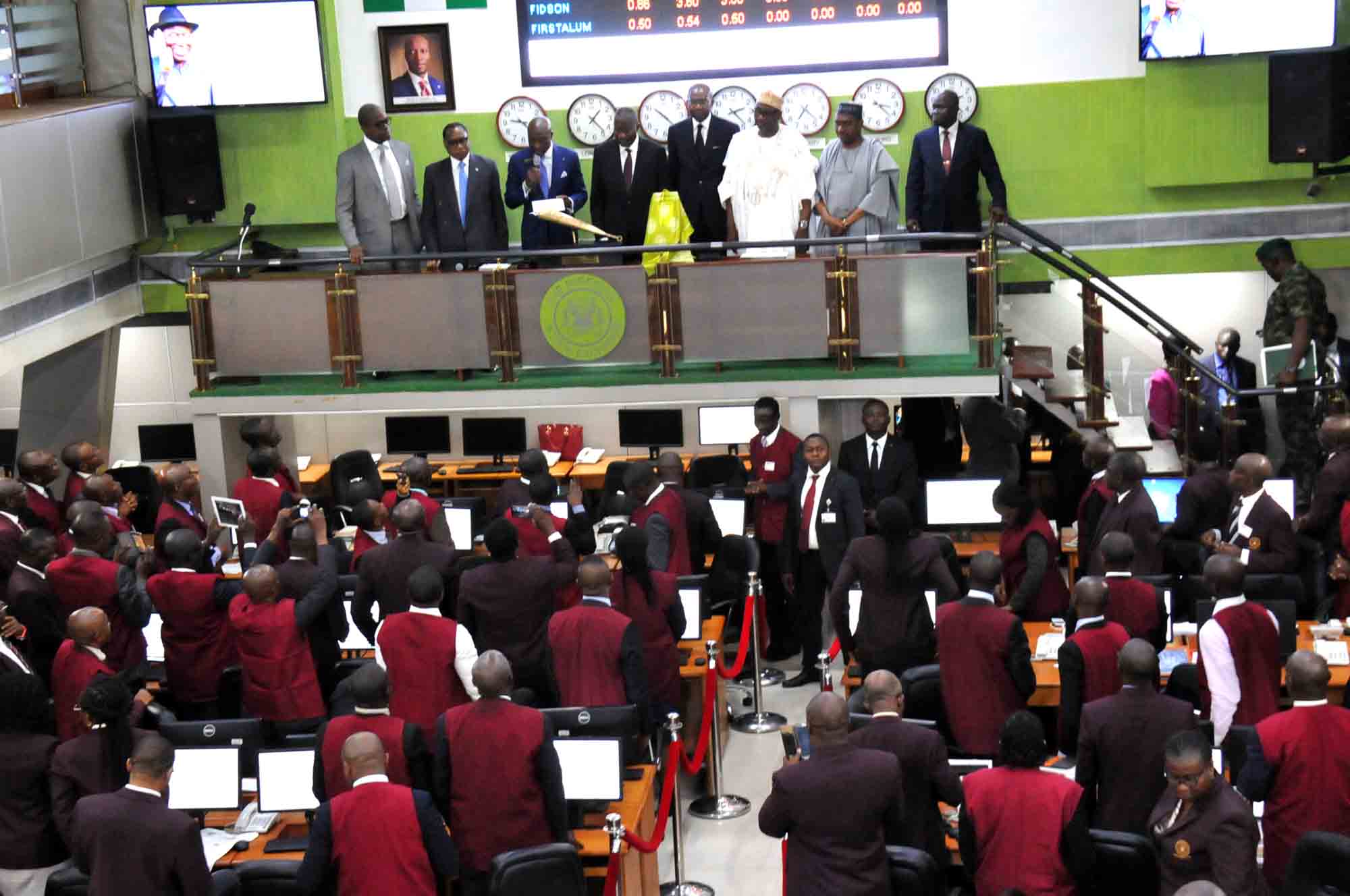Stock Market
Fears of Global Financial Contagion Forcing Investors to Move Away from the Equities Market – CBN

Nigerian Exchange Limited
Naira Depreciation and High Interest Rates Force Market Slowdown, Experts Say
Stock Market
ASHON Seeks Increase to 1.35% Stockbroking Fees
Nigerian Exchange Limited
NGX Suffers 0.25% Dip After Three Days of Gains, Market Cap Falls by N148 Billion
-

 News3 weeks ago
News3 weeks agoBbnaija’s Wanni Wins Innoson Car Challenge, Secures First Vehicle with Twin Sister
-

 Business3 weeks ago
Business3 weeks agoNigerian Businesses Slash Dollar Exposure as Naira Depreciation Deepens
-

 Technology3 weeks ago
Technology3 weeks agoOpenAI’s Valuation Soars to $157 Billion After $6.6 Billion Funding Round
-

 Investment3 weeks ago
Investment3 weeks agoFG Secures $200m Afreximbank Investment For Creative Industry
-

 Banking Sector3 weeks ago
Banking Sector3 weeks agoUnity Bank, Anwbn Empower Women Entrepreneurs With Ai, Digital Marketing Skills
-

 Banking Sector3 weeks ago
Banking Sector3 weeks agoNigerian Banks Face Soaring Wage Bills Amid Rising Inflation
-

 Appointments3 weeks ago
Appointments3 weeks agoStanbic IBTC Appoints Dr. Kunle Adedeji as Acting CEO Ahead of Leadership Transition
-

 Investment3 weeks ago
Investment3 weeks agoNigeria Targets $10 Billion in Deep-Water Gas Investments with New Tax Incentives





























